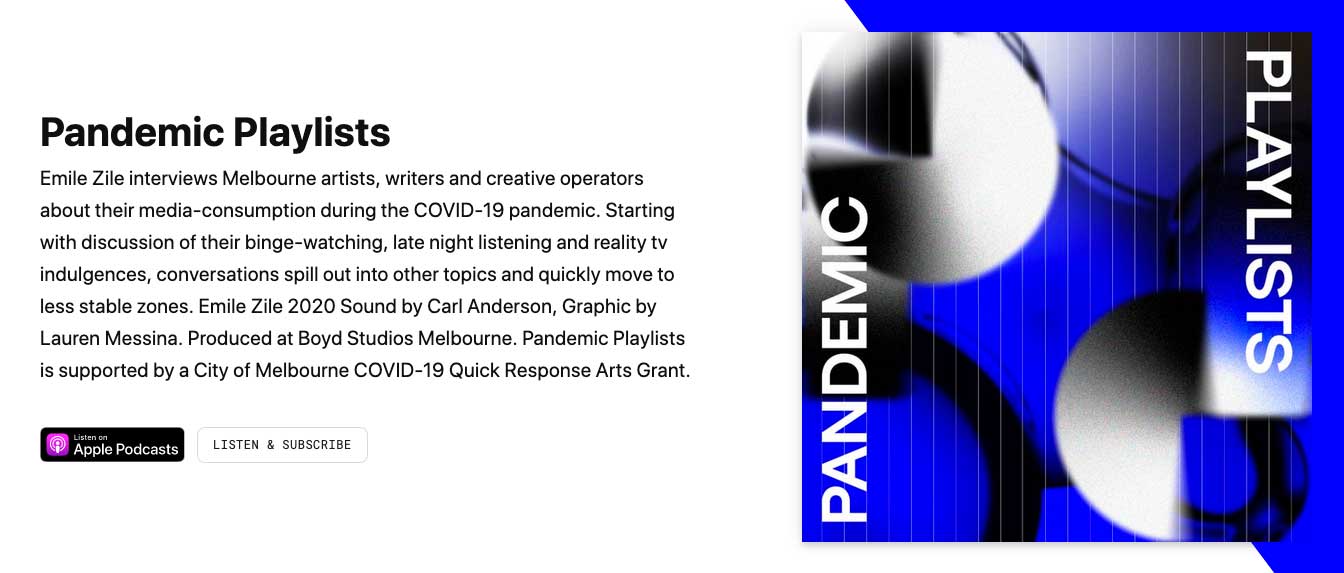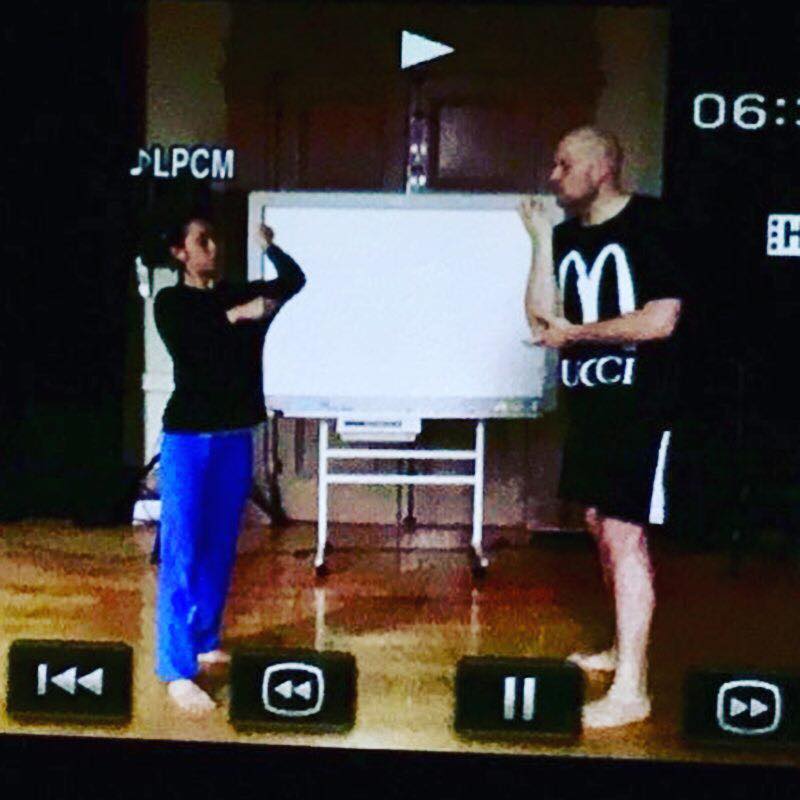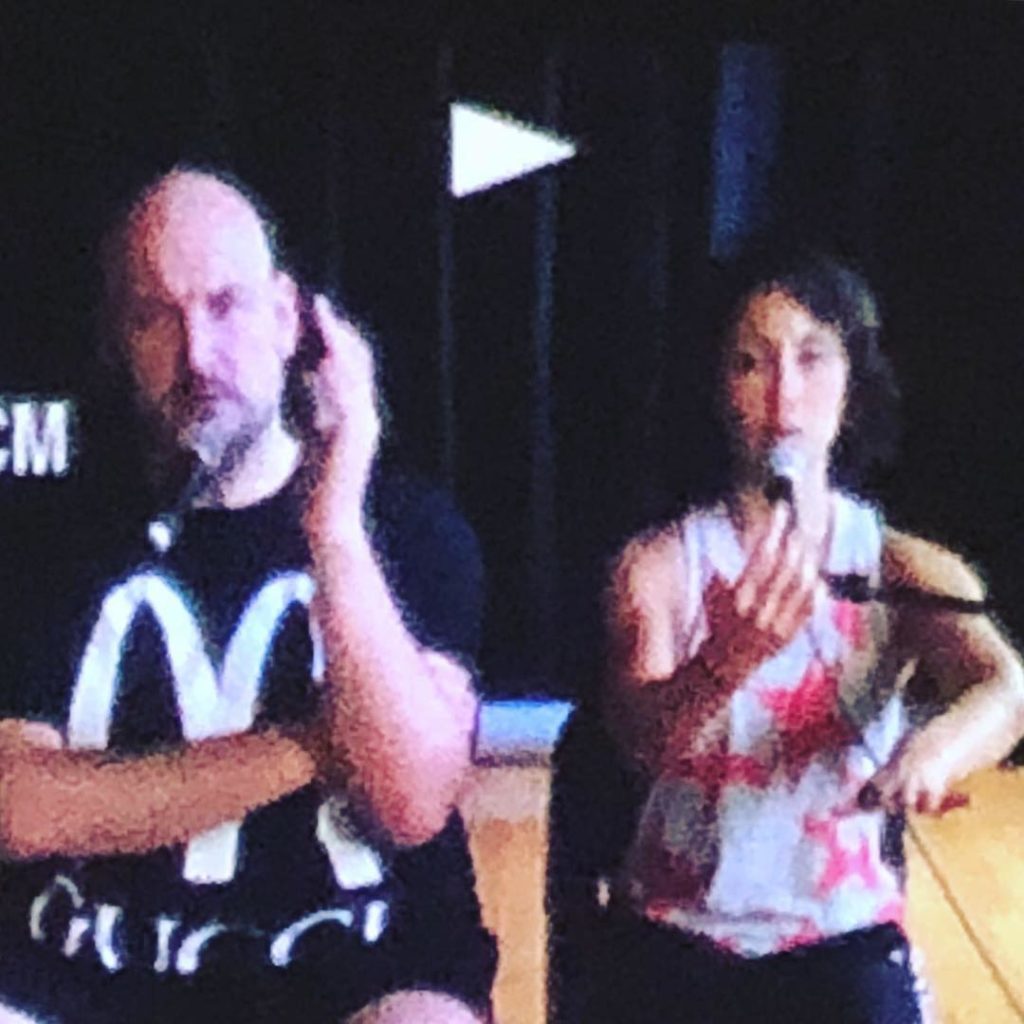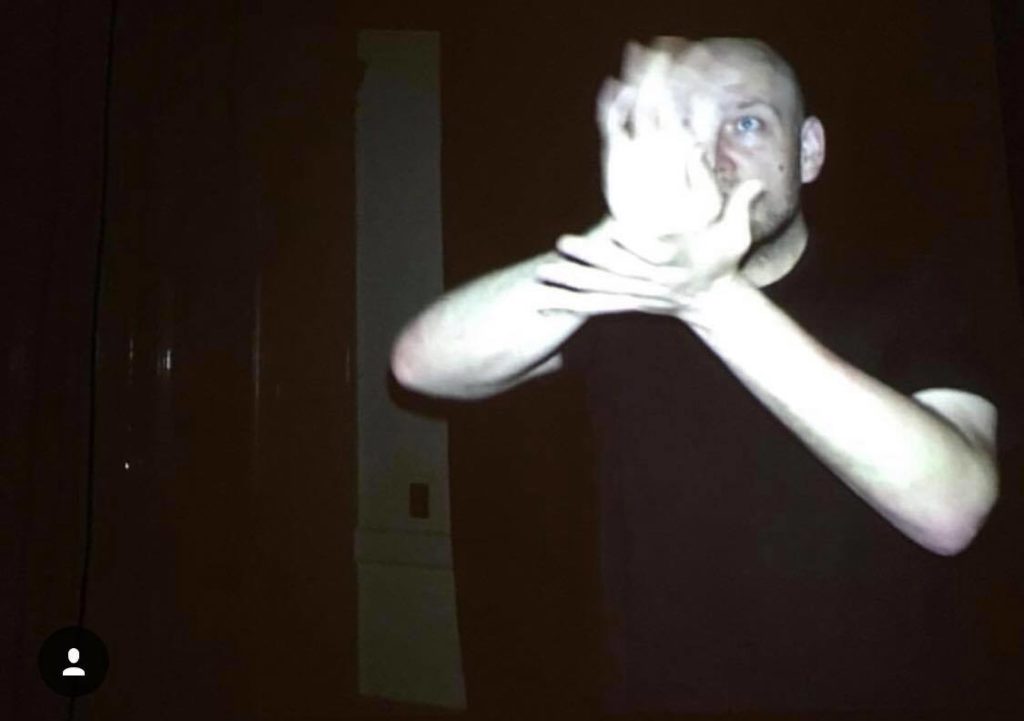20 JULY 2022. MISCELLANIA 2/401 SWANSTON ST MELBOURNE VIC.
Curated by Mark Andrejevic, Laura McLean, and Joel Stern, this free experimental program at Miscellania club features artists, musicians, writers and researchers thinking with and against the logic of digital automation, algorithmic culture, and AI in order to trouble and subvert systems that extract, aggregate, model, and predict.
With performances and presentations by Monica Lim, Sean Dockray, Mara MacDonald, Vaughan Wozniek O’Connor, Roslyn Orlando, Emile Zile, Zacharius Szumer, Jathan Sadowski, Tom Smith, Sahej Rahal, Shareeka Helaluddin, Karen Ann Donnachie and Andy Simionato.

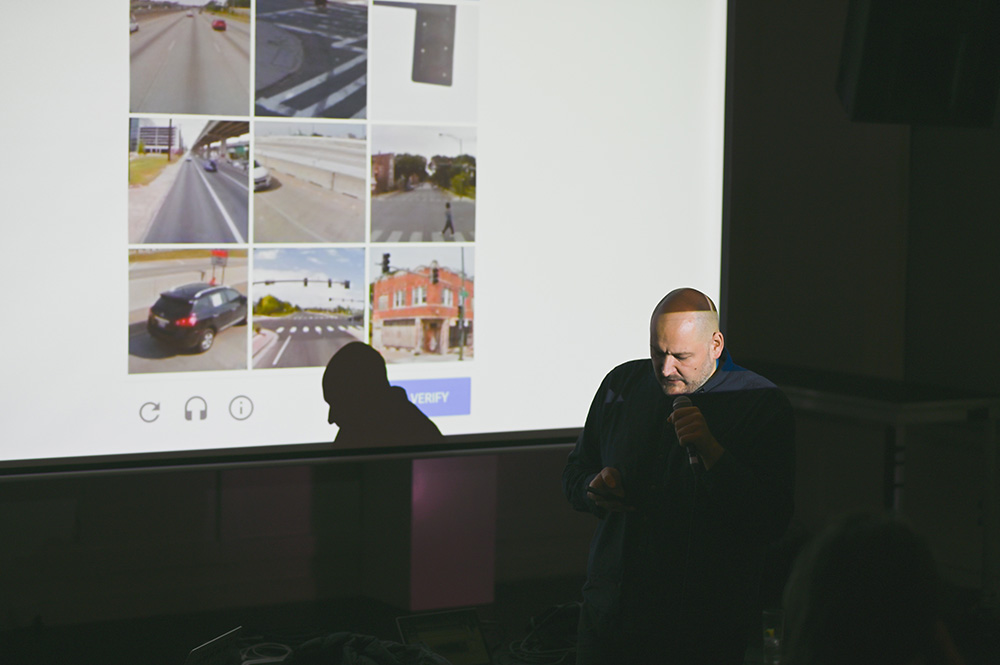


Logical Conclusions/Automation Effects is part of the 2022 ADM+S Symposium ‘Automated Societies: What Do We Need To Know?’ showcasing the Centre’s distinctive cross- and multi-disciplinary approach to automated systems and exploring a range of critical current and emerging problems, challenges, and conceptual questions.
Logical Conclusions/Automation Effects is presented by the ARC Centre of Excellence for Automated Decision-Making and Society and Liquid Architecture.


